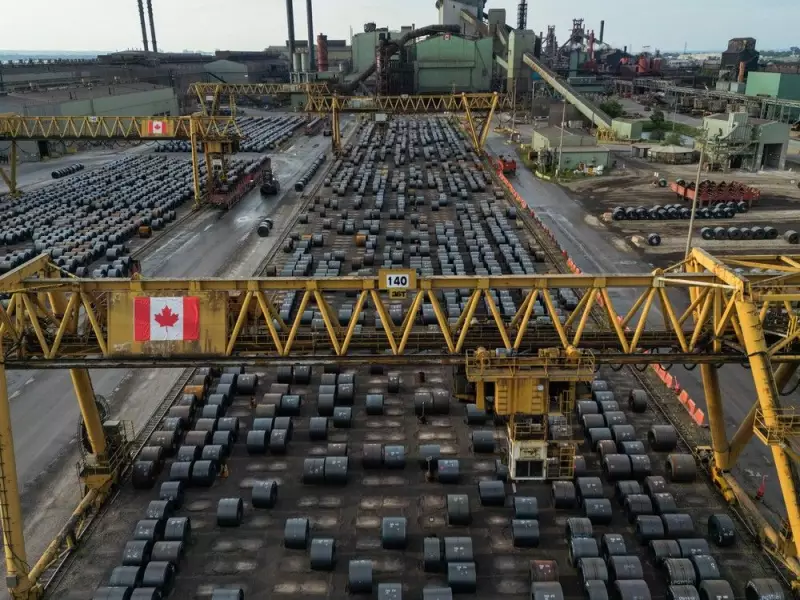
A coalition of United States senators is mounting pressure on the White House to take aggressive trade measures against Canada, signaling escalating tensions between the two North American allies. In a bold bipartisan move, lawmakers are demanding the reinstatement of significant tariffs on Canadian aluminum and steel imports.
Bipartisan Pressure for Stronger Trade Action
Fifteen senators, representing both Democratic and Republican parties, have united in their call for tougher trade enforcement. The group contends that Canada's aluminum and steel exports are creating unfair market conditions that threaten American industries and national security interests.
The senators' demands include:
- Reinstatement of Section 232 tariffs on Canadian aluminum and steel
- Implementation of tougher enforcement measures
- Addressing what they call "market distortions" caused by Canadian exports
Economic and Political Implications
This development comes at a sensitive time for North American trade relations. Despite the recent US-Mexico-Canada Agreement (USMCA) that was supposed to stabilize trade relationships, these new demands threaten to reignite cross-border tensions.
The proposed tariffs could have significant consequences for:
- Canadian aluminum and steel producers who rely on American markets
- American manufacturers dependent on Canadian raw materials
- Consumers who may face higher prices for goods containing these metals
Historical Context and Current Tensions
This isn't the first time tariffs have strained the Canada-U.S. relationship. The previous administration imposed similar measures, creating economic friction and prompting retaliatory actions from Ottawa. The current push suggests that underlying trade disputes remain unresolved despite diplomatic efforts.
The senators argue that Canadian aluminum exports have surged dramatically since tariffs were lifted, creating what they describe as an "unsustainable situation" for American producers. They claim this threatens the viability of domestic aluminum production capacity.
What's Next for Cross-Border Relations?
As the Biden administration considers its response, Canadian officials are likely preparing for potential trade disruptions. The situation puts additional strain on a relationship that has seen both cooperation and conflict throughout history.
Industry groups on both sides of the border are closely monitoring developments, aware that renewed tariffs could disrupt supply chains and increase costs across multiple sectors of both economies.





